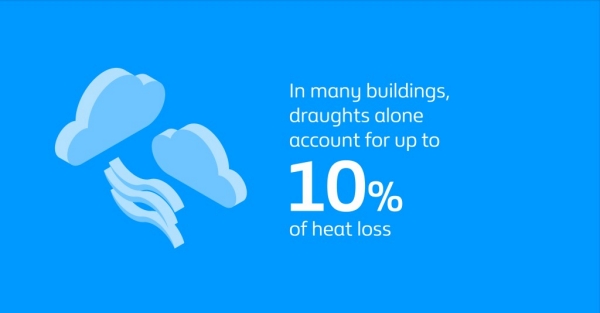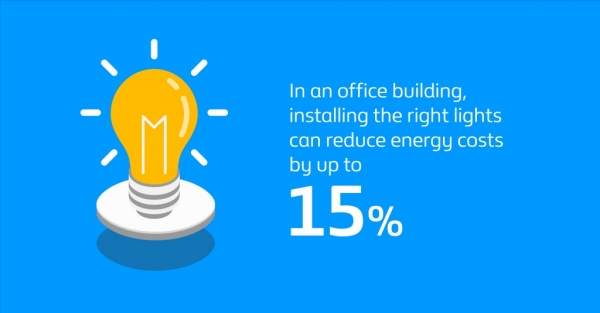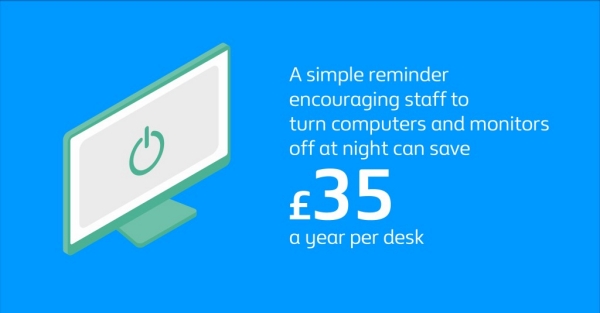20 Sep 2022

The energy industry has united once again for Gas Safety Week. For businesses, it’s a chance to have open discussions about gas safety in the workplace and make sure everything is being done to keep people safe and operations running smoothly.
However, given the current energy climate and on-going market uncertainty, it’s likely that high energy prices and how to manage them will remain the biggest concern on everyone’s mind. As such, this year’s event is a chance for businesses to reconsider their wider energy strategy and find new ways to reduce outgoing spend no matter what industry you’re in.
Now in its twelfth year, Gas Safety Week is a useful time for businesses to think about safety measures like servicing and maintenance plans. But this year, it represents an opportunity for savvy businesses to use the momentum to broaden their focus onto energy efficiency and sustainability ahead of winter.
Since energy is one of the biggest expenses facing many businesses, understanding exactly what, where and when energy is being wasted is the first step to lowering bills and reducing costs. If you would like to find out the reasons behind why energy prices are so high, you can do so here. But where should businesses begin?
Whether it’s old buildings or inefficient equipment, the common areas where businesses waste energy are generally across the following:
As we get closer to winter, heating premises affordably with minimal waste will be high on many agendas. Things to look out for include heat loss from draughts, heating areas unnecessarily, and poorly placed thermostats. In many buildings, draughts alone account for up to 10% of heat loss. Quick fixes in these areas can all help lower your energy bills. Alternatively, replacing old inefficient boilers with a new highly efficient, low carbon alternative can form part of a more long-term sustainability strategy.

Like heating, air conditioning equipment is vulnerable to many of the same issues that push energy bills up unnecessarily including old, inefficient systems, poor insulation and thermostats that compete against each other. While installing a new energy efficient system is the ideal scenario for long-term benefits, refining your current setup can help reduce waste in the short term.
If your business operates inside any kind of building, poor lighting practices will quickly add up. And while traditional incandescent light bulbs and halogen spotlights are expensive to run, leaving lights on or lighting your business out of hours is just as likely to bump up your bill. However, upgrading to LED lighting or installing automatic controls can be a simple fix to a costly problem. In an office building, installing the right lights can reduce energy costs by up to 15%.

Many people know that IT equipment burns energy, even in standby mode. Yet it’s easy to fall into bad habits and forget to use the energy-saving features on things like monitors and printers. A simple reminder encouraging staff to turn computers and monitors off at night can save up to £35 a year per desk.

We want to help you on your journey to reduce your carbon footprint. Whether you already have an agreed action plan or you’re just getting started, Gas Safety Week is the perfect opportunity to revisit your energy strategy for efficiency and long-term sustainability.
Read about how we can help your business save, reuse and manage your energy sustainably.
Download a practical guide to accelerate a sustainable energy pathway for your business and learn:
Articles related to gas safety week

29th January 2021
In "Energy News"

8th November 2022
In "Energy News"

16th November 2022
In "Energy Efficiency"
The views, opinions and positions expressed within the British Gas Business Blog are those of the author alone and do not represent those of British Gas. The accuracy, completeness and validity of any statements made within this blog are not guaranteed. British Gas accepts no liability for any errors, omissions or representations. The copyright in the content within the British Gas Business Blog belongs to the authors of such content and any liability with regards to infringement of intellectual property rights remains with them. See the Fuel mix used to generate our electricity. Read about making a complaint about your business energy.